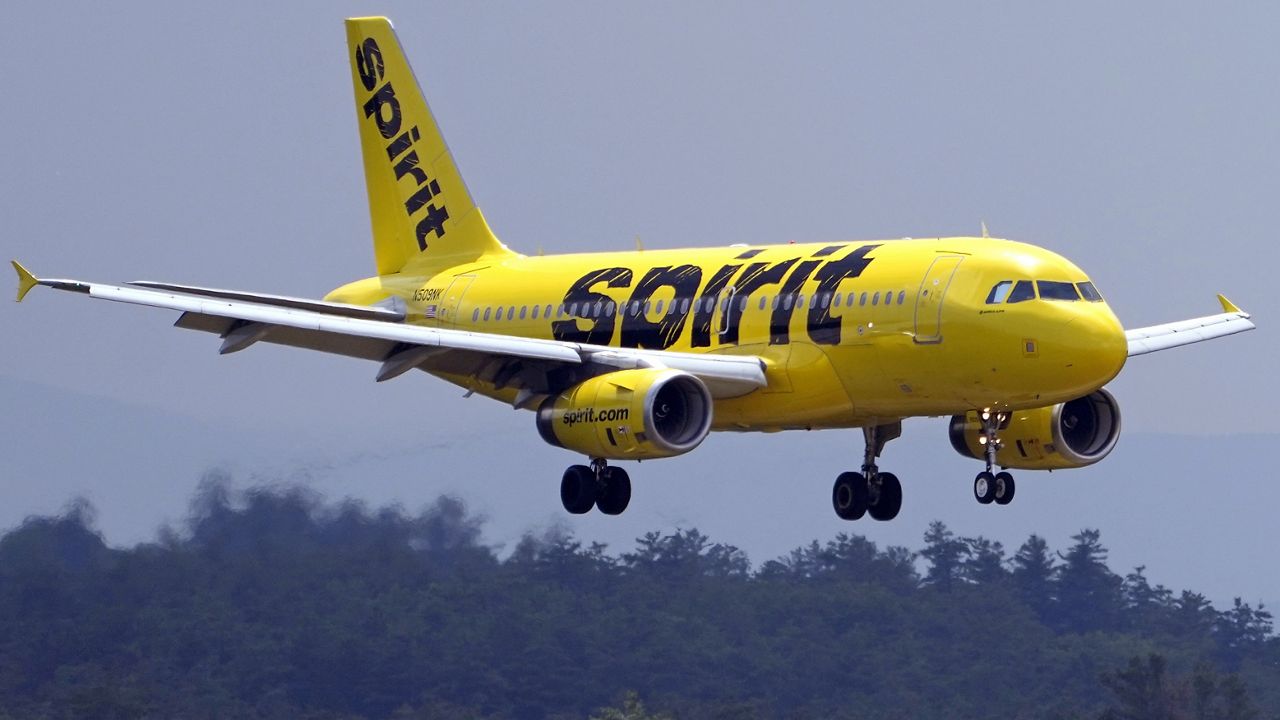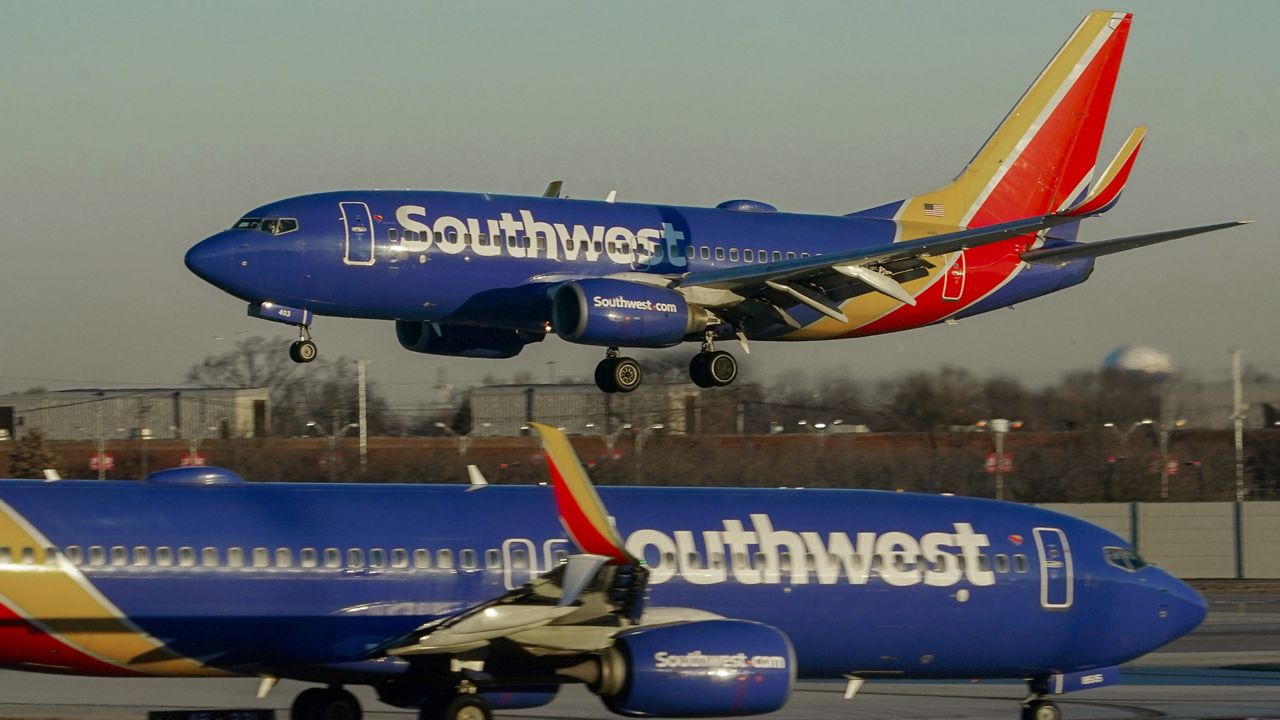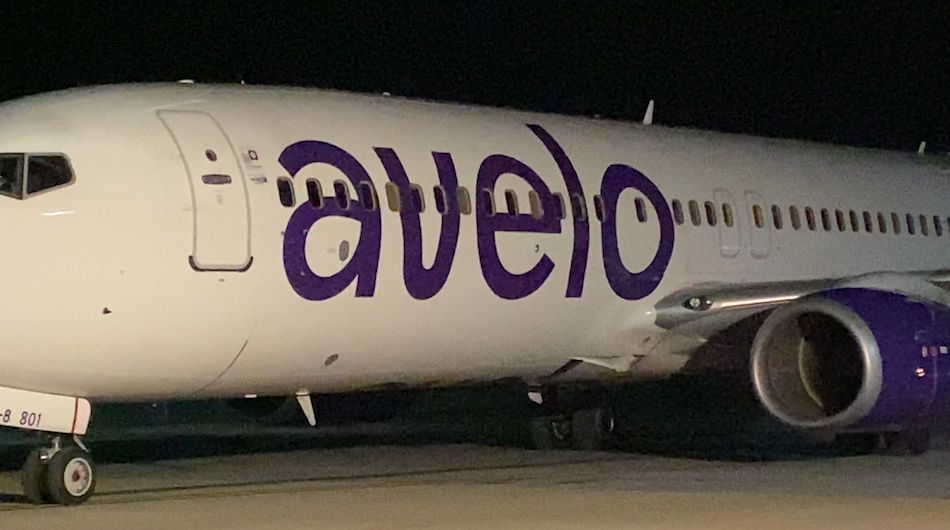After falling back an extra hour, daylight saving time leaves many to struggle to adjust their schedules accordingly. Lawmakers who helped the Sunshine Protection Act in the Senate hope to establish later sunrises and sunsets.
“When they get that extra hour of sun in the evening it helps tens of millions of people," original sponsor of the Sunshine Protection Act Senator Ed Markey said.
While the bi-annual change in times regularly causes concerns for those in aviation.
“Aviation has been, you know, a very significant part of the U.S. economy for a long time," pilot from the Artisan Flying Club Mark Belfield said. "And there's an awful lot that goes on beyond schedule.”
A shared universal time for all pilots in different time zones is meant to help them stay on track during their flight.
“Everything that's done with weather forecasting and flight planning and everything like that is done in reference to the Greenwich Time," Belfield said. "So we use a standard, no matter what the time is.”
It still keeps in mind local scheduling as well.
“You know, on Monday. I'll have to remember to subtract five hours from the UTC time to know what the local time is, you know, and that's just something we have to get used to," Belfield said.
With the constant change in times due to daylight savings, this has had an effect on the safety of pilots as well.
“When we lose an hour of sunlight after most people work, they tend not to fly as much because, you know, a lot of people don't want to fly at night," Belfield said. "There's extra work that you have to do. And there's, you know, there's less visibility of your surroundings.”
It poses risks for future flights as well.
“When the weather gets better and the days are longer, now they want to fly again, but they're not as sharp as they were the previous summer," Belfield said. "So sometimes that can lead to mishaps and accidents.”
As the Sunshine Protection Act is in the works, Belfield hopes all pilots and travelers keep in mind.
“Anything that's going to contribute to any level of distraction for you in an airplane is always a, you know, it's a hazard," Belfield said. "We have a saying, takeoffs are optional, but landings are mandatory.”










